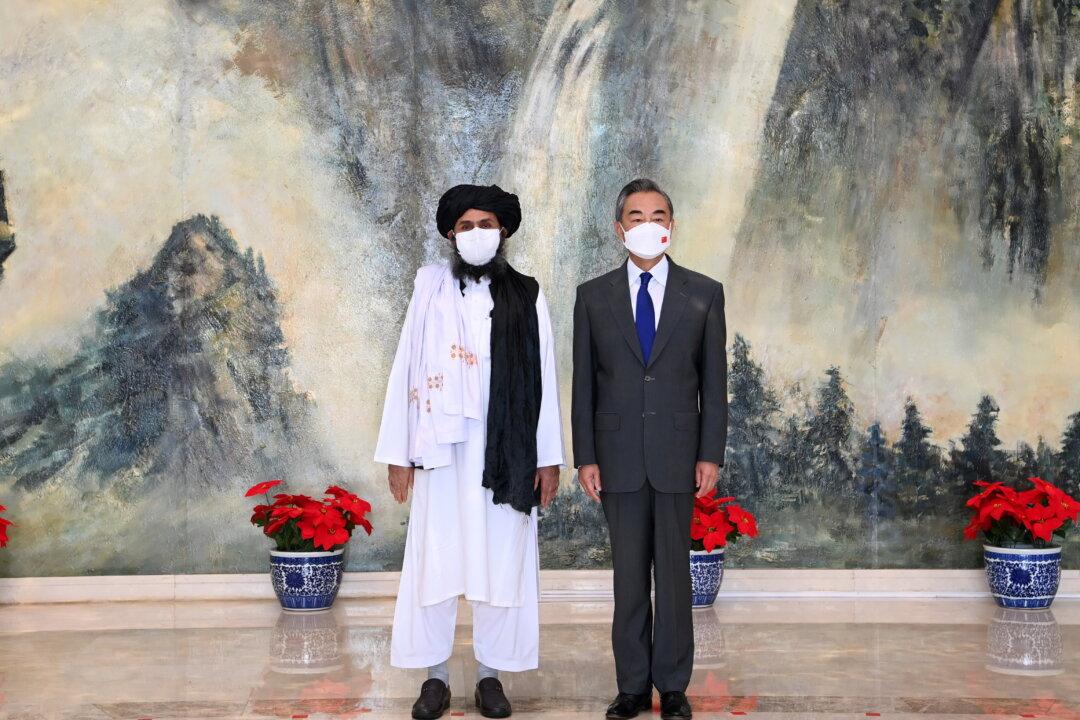Commentary
The Taliban government of Afghanistan is expanding its trade and cooperation with Russia and China, but a true alliance is unlikely.

The Taliban government of Afghanistan is expanding its trade and cooperation with Russia and China, but a true alliance is unlikely.